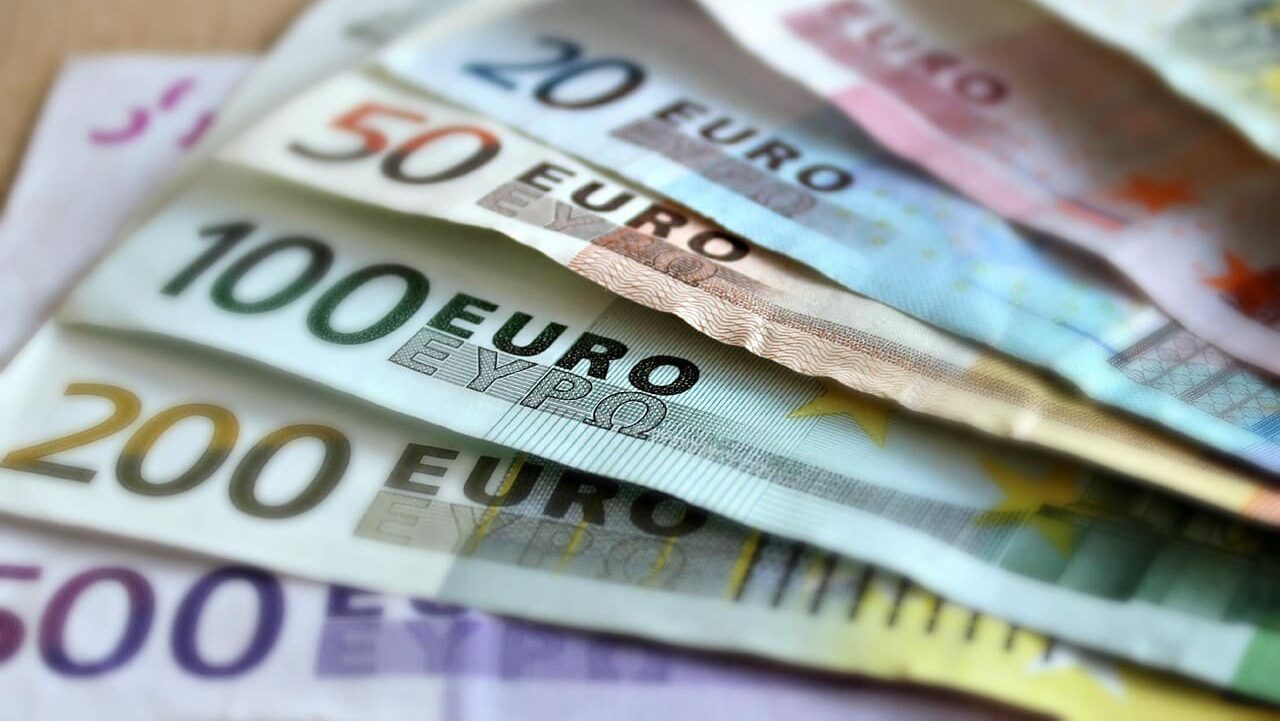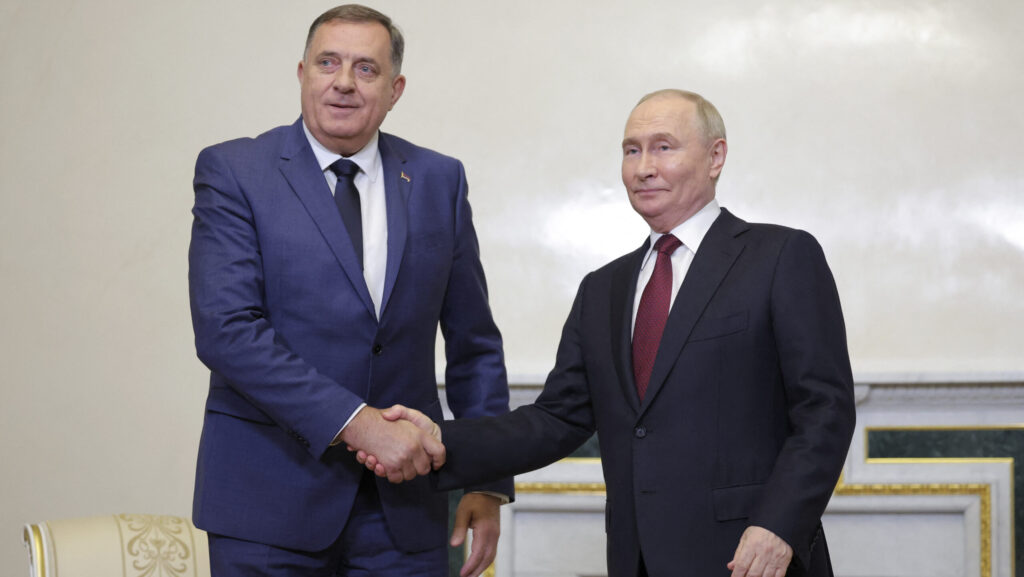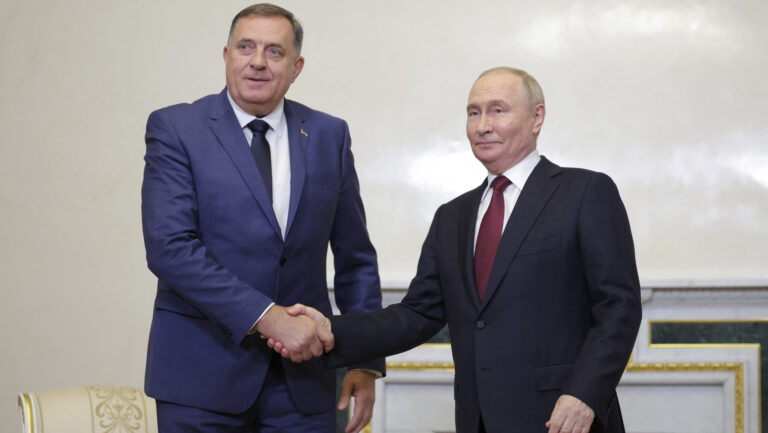Hungary has received another part of previously blocked EU funding, this time €75.2 million (29.8 billion HUF) in pre-financing for investments aimed at the green and digital transition, Hungarian Finance Minister Mihály Varga announced on Friday. ‘These funds will be used within the framework of the Operational Programme for Environmental and Energy Efficiency Plus (KEHOP Plus),’ Varga wrote on Facebook.
With this transfer, the total amount of funds secured from the 2021–2027 Cohesion Framework has now reached €1.22 billion. ‘Since the end of December, Hungary has already received more than HUF 550 billion of the previously blocked funds it is entitled to,’ stated Mihály Varga.
As reported by Hungarian Conservative, there have been several positive developments recently regarding the issue of frozen EU funds. At the beginning of the week, Fidesz MP Pál Barna Zsigmond announced on his social media page that Hungary will soon have access to another €2 billion in EU funds, following the €10.2 billion unblocked last December.
According to MP Zsigmond, the European Commission decided to release the additional funding after accepting the results of the Hungarian government’s self-audit on reforms made in the public education system and in the ‘area of equality between genders’.
In November 2022, the Commission decided to freeze Hungary’s Cohesion Fund and Recovery and Resilience Fund payments due to its dispute with Budapest on several fronts. On 13 December 2023, after months of negotiations, Brussels decided that Hungary had met certain conditions, which were sufficient to release the €10.2 billion of frozen Cohesion Fund payments.
But more than €20 billion remain blocked by the Commission under the so-called ‘rule of law concerns’. To unblock this, the Hungarian government would have to meet 17 ‘super milestones’, most of which relate to transparency in public procurement, the independence of the judiciary, and similar areas where Hungary has made significant progress in recent years.
However, as soon as the Hungarian government meets one condition, new ones appear.
A prime example is Ursula von der Leyen’s statement to the European Parliament in January this year: ‘Around EUR 20 billion [from the EU funds Hungary is entitled to] remain frozen. They are suspended for reasons that include concerns over LGBTIQ rights, academic freedom, and asylum rights.’
According to the Commission, the Child Protection Act adopted in the summer of 2021 discriminates against sexual minorities, while, in fact, it is intended to protect children from the perceived harmful effects of gender ideology and indoctrination. Brussels also advocates for Hungary to change its longstanding and consistent migration policy, which prioritizes strict border protection.
However, it is now evident that funds are starting to arrive, albeit not fully meeting Hungary’s entitlement. This may be attributed to recent contributions from Hungary to two significant decisions: Viktor Orbán’s decision not to veto a €50 billion aid for Ukraine, and President Tamás Sulyok’s formal closure of Sweden’s NATO accession process.
Related articles:








